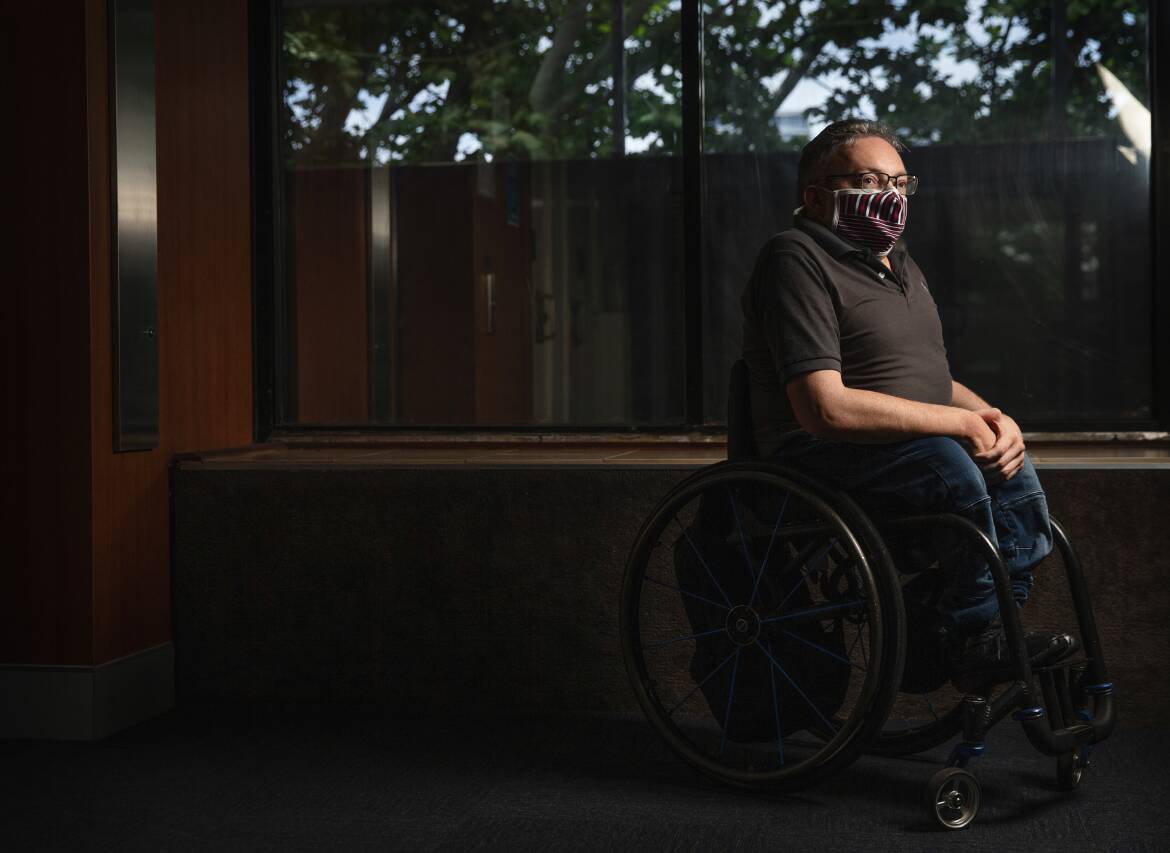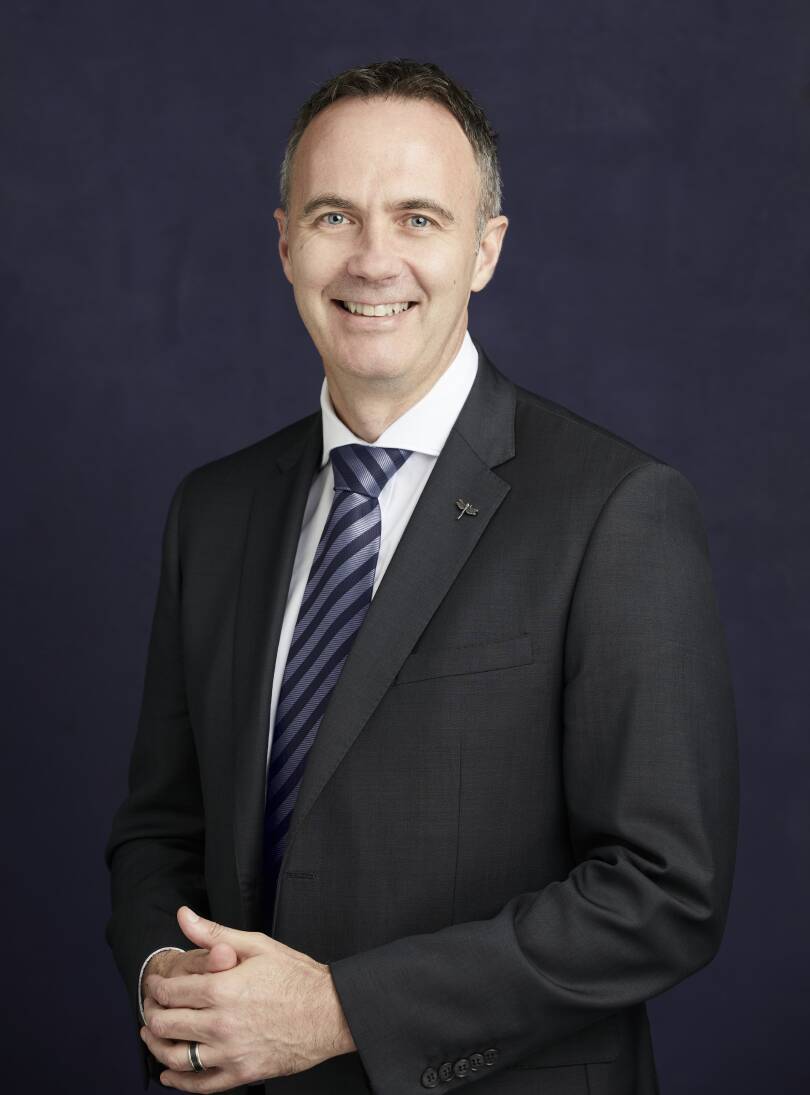
HUNTER disability advocates have welcomed reform that weeds out the "bad operators" working within the disability employment sector.
But "higher performing" providers are urging people living with a disability not to be deterred from searching for meaningful work.
A review into Disability Employment Services (DES) has prompted the federal government to "discontinue" under-performing services across the country.
In the Hunter, Upper Hunter, Lower Hunter and Central Coast, 11 of the 74 services offered by 20 providers have been discontinued.

Nationally, 52 providers have been impacted by the changes, and eight providers have had all of their services discontinued. Social Services Minister Amanda Rishworth said the changes would ensure only the most effective DES providers would continue to receive Commonwealth funding to support participants to find and keep a job.
These changes will mean 15,500 people nationally will be transitioned to a "higher performing" service.
Brad Webb, Chief executive of local DES provider Castle, said he welcomed the performance assessment, and providers being held to higher account.
"They have started to clean up the poorer providers, which we welcome," he said. "There is no doubt some do it better than others. But when it was first announced, it came across that the entire system was broken. I just want to reassure participants that coming to a DES provider isn't a hiding to nothing - you can actually trust that those three and four and five-star providers in your region are doing a good job, they are worth exploring, and that getting a job is worth pursuing."
Almost 2.1 million people living with disability are of working age in Australia. But 93 per cent of unemployed people aged 15-64 with disability experience difficulties in finding employment.
David Belcher, of the Community Disability Alliance Hunter (CDAH), said one of the major issues for people with disability was finding "meaningful" jobs that were paid appropriately.
Mr Belcher said there was a "level of support" required at times with disability employment, and without appropriate support, both the employer and employee could be left feeling discouraged by the process.
"Unfortunately, within certain sections of the disability employment sector, there are organisations that are just there to take government funds, who do not have the best interests of people with disability at heart, and who do not see it as their role of building careers for people with disability," he said.
"Instead, all they're doing is a box-ticking exercise where a person with disability comes in and they stick them in the easiest possible role just to say they got them a job - whether or not that job is suitable, or what the person with disability is looking for. It's moving them off one list onto another... We certainly welcome the government taking those operators to task and, in some instances, deregistering them."
Mr Belcher said CDAH felt that everything that can be done to support people with disability find and keep a job should be attempted, and while there were "good operators", people with disability also should not feel that going through a DES provider was their only option.







